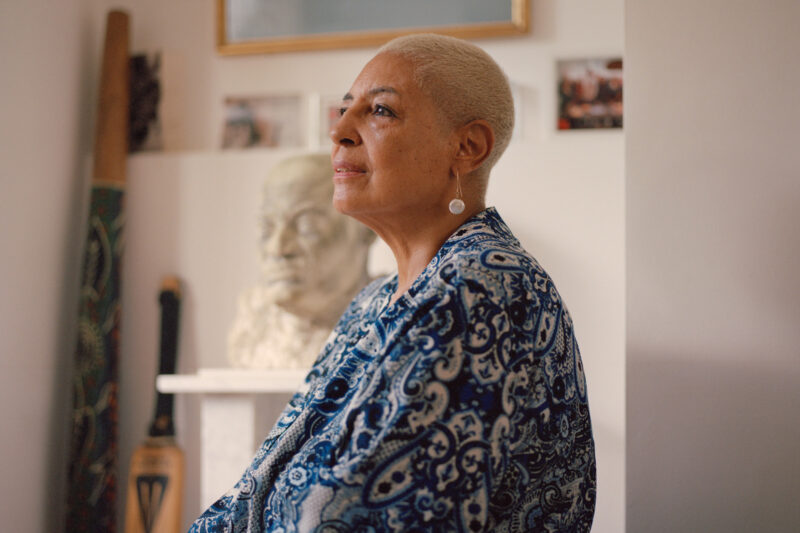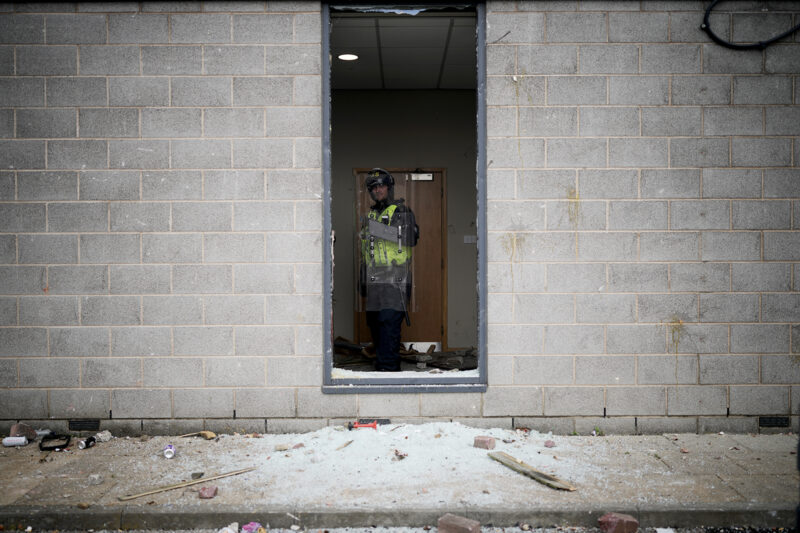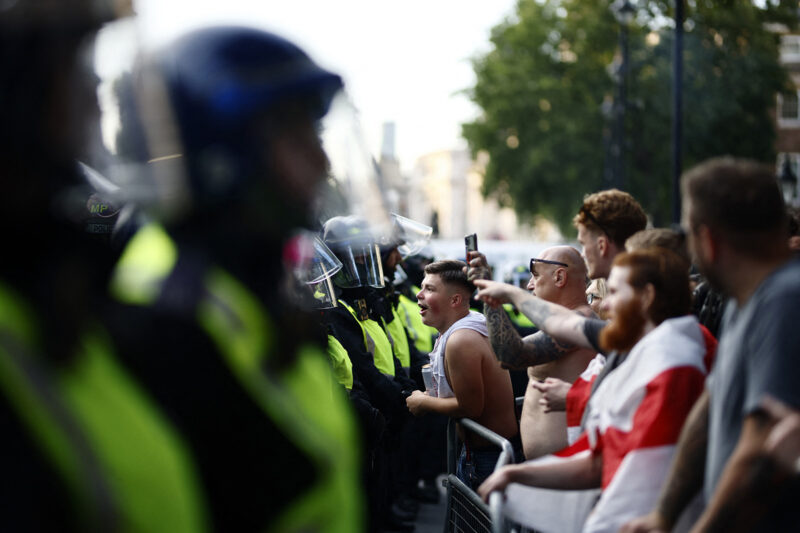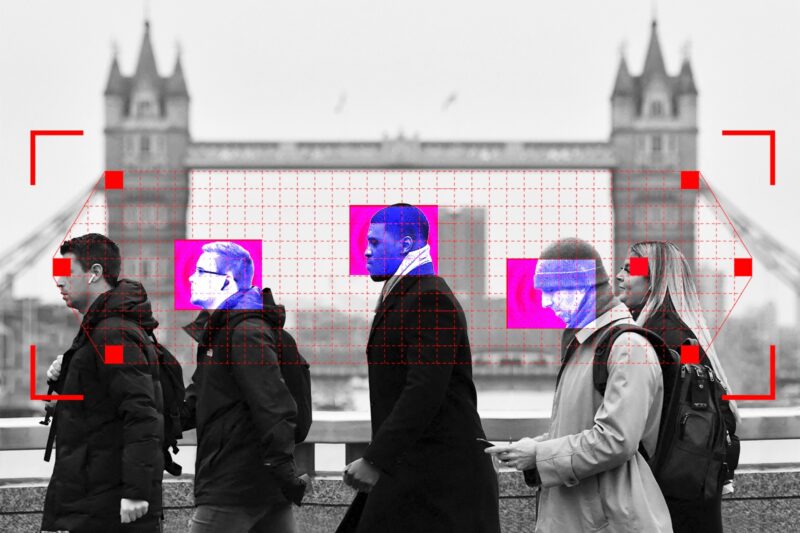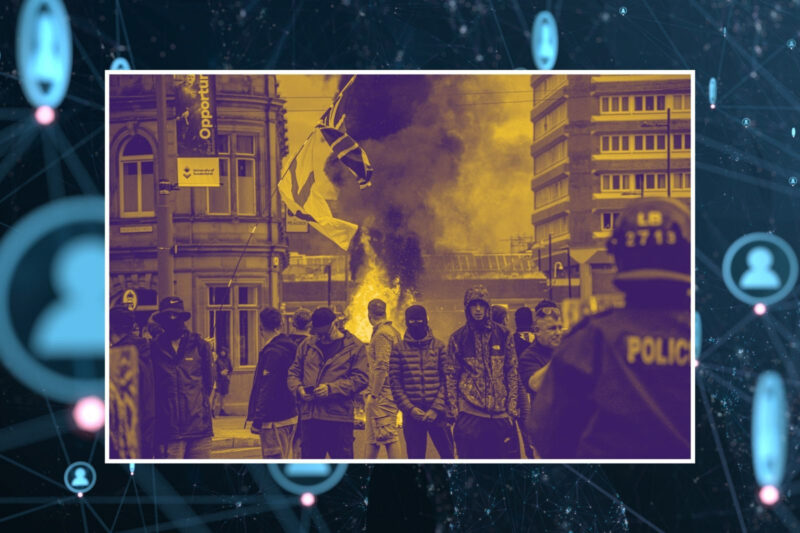The far right’s two-tier policing myth is racial gaslighting
It is clear that identity can affect a person’s experience of law enforcement but it is people of colour who are at the sharp end of double standards
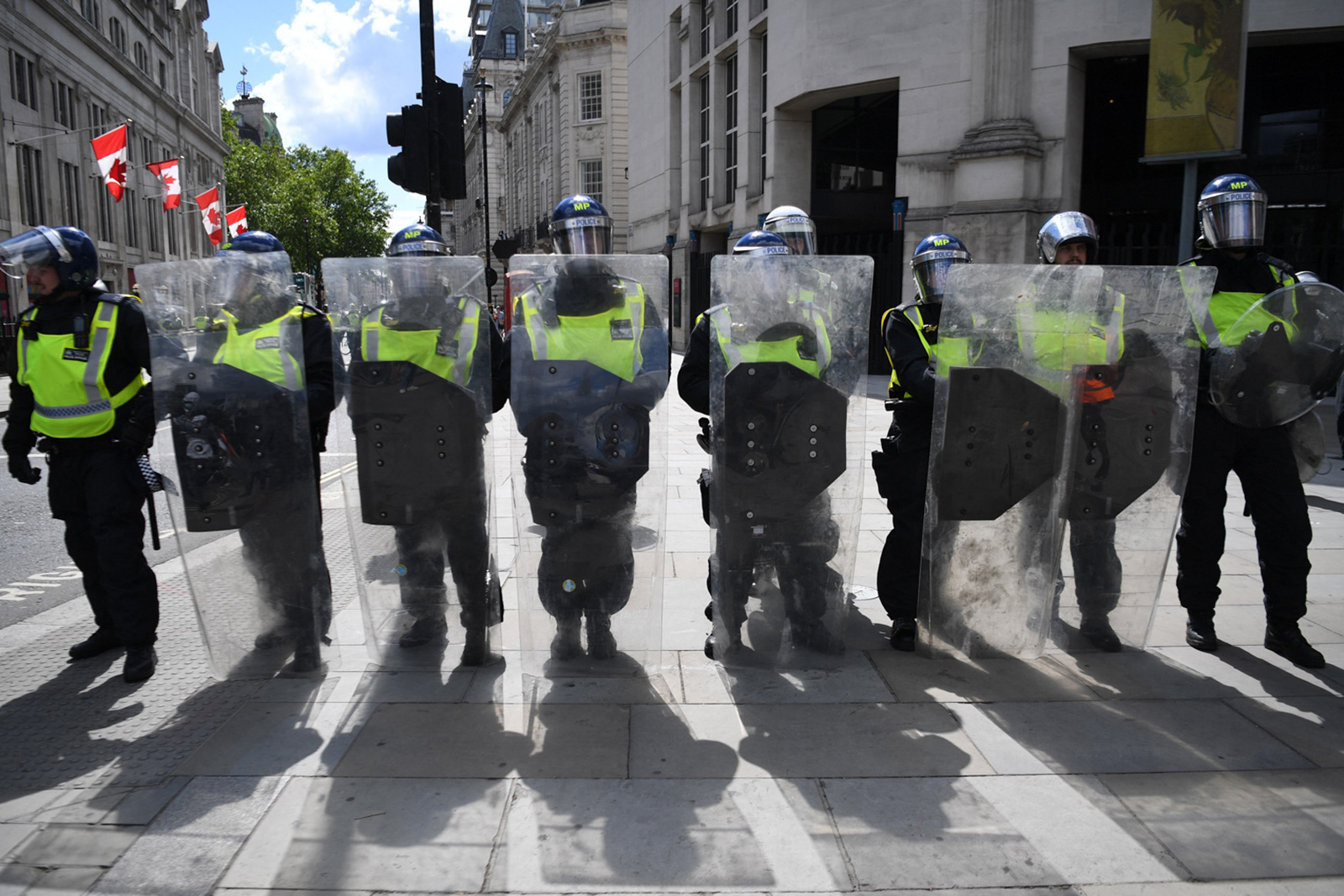
Anti-racists and the far right seem to have found common ground: they agree that the police do not treat everyone equally.
Of course, that’s as far as any consensus goes. Advanced by rightwing commentators and peddled across social media, the myth of “two-tier policing” suggests that the police have been harsher on the perpetrators of racist riots than on protesters for social justice movements, such as Black Lives Matter (BLM).
Yet the two are incomparable. BLM and, more recently, the pro-Palestinian protests are peaceful examples of people exercising their democratic rights, while the violence we’ve seen this August is racist hate.
BLM protesters in 2020 didn’t attempt to burn people alive, attack homes and places of worship or vandalise graves, as the racist rioters did. Still, the government introduced draconian legislation to control future demonstrations while, at the time, police responded against them with force at a level unseen in the past few weeks, including prolonged kettling and horse charges.
Meanwhile, the protests attended by millions in support of Palestine over the past 10 months have been described by politicians as “hate marches” and had “unusually high” levels of police surveillance, according to the Network for Police Monitoring — despite being overwhelmingly peaceful and having an arrest rate lower than Glastonbury festival. Between October and December 2023 there were just 153 arrests at pro-Palestine demonstrations in London, with more than 75% of those detained released without charge.
By comparison, 1,024 rioters have been arrested in recent weeks, with 575 charged. Clearly the police are finding more wrongdoing and criminal behaviour in the far-right riots — and that does not mean they are more favourable to people of colour. I have walked the streets alongside Muslim and Jewish people at pro-Palestine marches and witnessed the national race riots on the ground. I know where I felt safer.
It is blatantly clear that two-tier policing exists, but it is people of colour — Black people in particular — who face policing’s double standards. Black men are seven times more likely to die following police restraint, while Black children are nearly seven times more likely to be strip-searched.
The harm and trauma caused by the police goes back generations, so for the far-right and rightwing commentators to suggest that communities of colour are policed favourably is nothing short of racial gaslighting.
For example, the 2011 London riots, triggered by the police killing of Mark Duggan, a young Black man, saw the expansion of police powers that still to this day disproportionately criminalise people of colour. More than 3,000 arrests were made that summer in largely Black and Brown communities. And looking to today, I’m sure the Muslim man who was sentenced for 20 months for retaliating against rightwing extremists who threw alcohol on him won’t have felt fairly treated. According to the judge, he should have “risen above” the violent racism.
This two-tier approach is institutionalised at all levels. Prime Minister Keir Starmer’s response to the rioters was to call them “thugs”, yet counter-terror experts at the Royal United Services Institute, a defence and security think tank, have said the rioters’ far-right ideology is downplayed and should be considered extremist. The double standards are clear: similar violent acts motivated by Islamist extremism would have likely been labelled “terrorism” straight away.
This prejudice seeps across the media, too. Instead of supporting and listening to the victims of the race riots — including Muslims and asylum seekers — much of the media has platformed voices such as the former immigration minister and Conservative leadership hopeful, Robert Jenrick, calling for Muslim people to be “immediately arrested” for saying “Allahu Akbar”.
The far right’s idea of two-tier policing and justice is the correct diagnosis to the wrong problem. It serves no purpose other than to pit communities against each other and push a racist agenda. It is merely an attempt to legitimise the anger of the rioters — to direct the blame for society’s failures onto immigrants of colour, or to push baseless claims that multiculturalism and integration have failed when, in reality, it is those with the most power who have widened economic inequality and broken our public services. The moral panic about immigration is a manufactured crisis rooted in prejudice that risks inciting further violence.
 Newsletter
Newsletter


